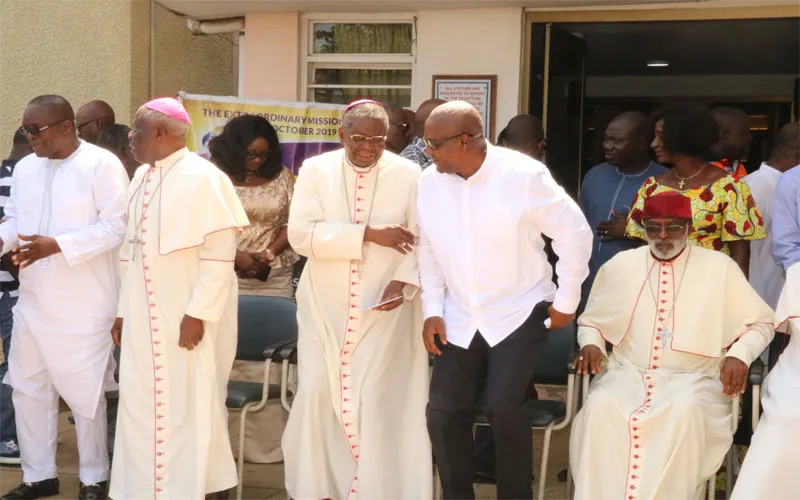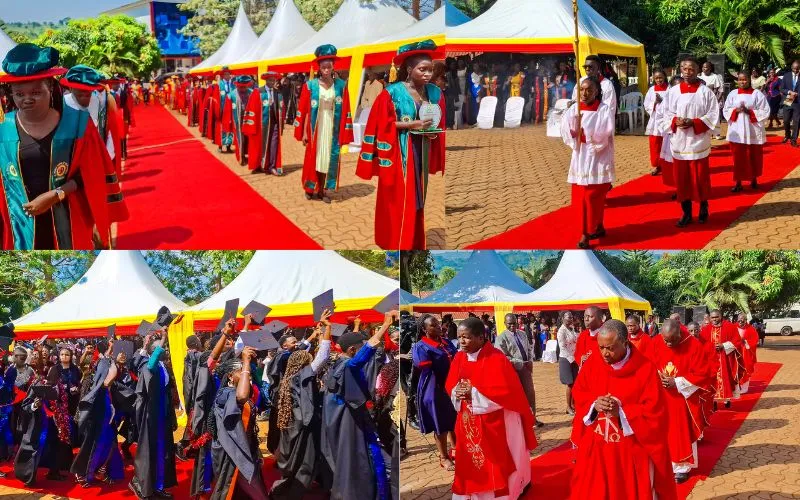As the flagbearer of NDC in next year’s elections, former President Mahama had requested to meet the Catholic Bishops in Ghana to express concerns about “recent happenings as the country prepares for 2020 elections,” ACI Africa correspondent confirmed.
Among the issues the Bishops needed to keen and vocal about, Mr. Mahama said, include general insecurity across the country, electoral processes, attacks on press freedom and the abandonment of government projects initiated by the former government at the expense of the ordinary tax payer.
The meeting was part of a broad consultation by NDC to interact with faith-based institutions and other organizations the party considers key ahead of the 2020 presidential and parliamentary elections.
Mr. Mahama who served as President of Ghana from July 2012 to January 2017 appreciated the role of the Catholic Church in the West African country and commended the bishops for their close partnerships with successive governments.
A member of the Assemblies of God, he was Ghana’s Vice President from January 2009 to July 2012 when he ascended to the Presidency following the death of President John Atta Mills.
Responding to former President Mahama, the head of Ghana Catholic Bishops’ Conference (GCBC), Archbishop Philip Naameh extended the call to play the prophetic role to include the laity.
“The hierarchy of the Church has constantly encouraged the lay faithful not to be quiet but to boldly speak on issues of national interest and concerns,” Archbishop Naameh said.
The Archbishop of Tamale noted that in the past years, Catholic Prelates in Ghana have constantly called for political decorum and encouraged “Ghanaians especially politicians not to allow the noble act of politics be dragged into the quagmire of insults.”
He also challenged citizens to refrain from provoking politicians saying that there was need for Ghanaians “not to use political campaigns, platforms or the media to trade insults and attack political figures.”
On his part, GCBC Vice President, Archbishop Charles Palmer-Buckle used St. Thomas Aquinas’ definition of politics as “a call to manage people according to the will of God” to underscore the notion that “politics is one of the noblest vocations of a person.”








